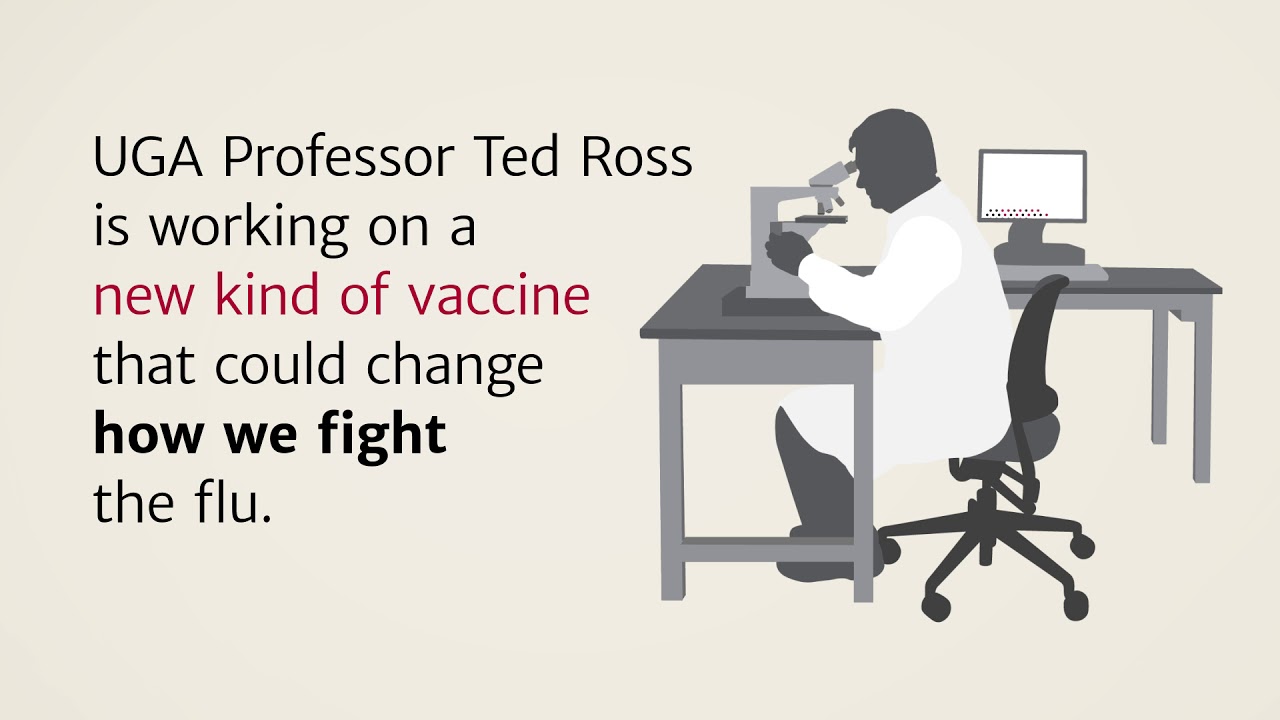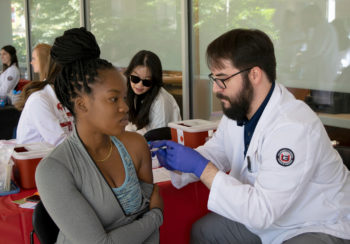Getting an annual flu shot is a no-brainer for many people; it is low-cost, easy and effective, and it prevents a whole lot of suffering. Yet some individuals refuse the flu vaccine, and, according to a recent study at the Grady College’s Center for Health and Risk Communication, clever advertisements and well-designed public service announcements—even those that put forth seemingly sound advice and unassailable logic—often fail to convince these people otherwise.
“It is really hard to overcome personal experience or firmly held convictions,” said Glen Nowak, study leader and director of the center. “Physicians and scientists often believe they can just use communication to educate people or persuade everyone to take action, but that isn’t always the case.” Some people really believe that the vaccine is ineffective; others, often based on personal experience, think that the flu is a “manageable” illness, and therefore vaccines are unnecessary.
One way to help break the logjam, says Karen Hilyard, an assistant professor in the College of Public Health who studies communication about vaccines, is to better understand public conversations happening on social media that pertain to decisions about getting vaccinated, or not. She and her research team are creating a sophisticated computer tool to analyze Twitter in particular, hoping not only to show that social media provide a reliable supplement to more expensive and time-consuming surveys but also to acquire insights that can be used to better guide communication and education efforts designed to help persuade vaccine skeptics.






